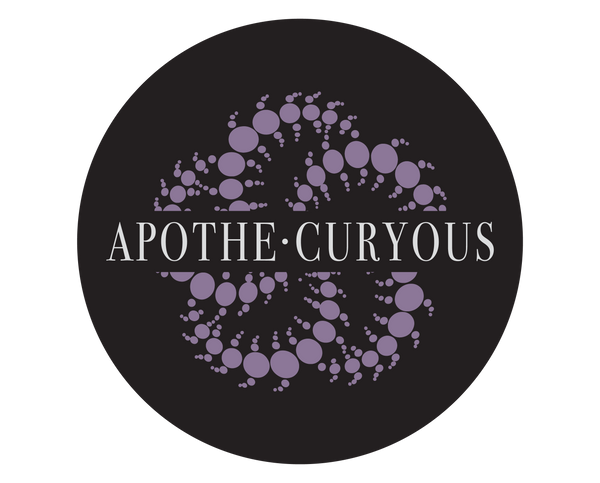How exactly is body care not vegan?
Share
Have you decided to move toward a plant based diet and are diligently reading the labels of the packaged food you buy? Maybe you have been Vegan for some time now. Good on ya! But have you applied the same degree of scrutiny to your personal care products? There are some ingredients that will stand out as animal derived, then others you might not expect.
Body care products are required by law to have all ingredients listed in descending order, just like food. Unlike food they are only required to include the Latin names of those ingredients, aka INCI (International Nomenclature of Cosmetic Ingredients). Companies can choose to include the common name on the label along with the INCI name, but they don't have to. This can be confusing to read and easy to give up on.
If you do decide to dig in to label reading, what are you looking for on a personal care product? The fastest and easiest indicator is the Certified Vegan symbol. This takes out all the guess work and is easiest for the busy consumer. On the other hand that symbol can only be used by companies who have had specific products evaluated, and have paid to put it on their label and in their marketing. This expense can be financially burdensome to a small business, especially if they have numerous products to certify.
The most certain way to avoid using non-vegan ingredients in your personal care products, is to read the labels, and familiarize yourself with what is animal derived. Many of the non-vegan ingredients INCI names are the same as their common names, like Goat Milk, Honey or Beeswax, but not all. The following are ingredients found in various types of personal care products that would not be suitable for people adhering to a strict vegan lifestyle:
- Lanolin is a wax that is secreted by wool bearing animals, like Sheep. Lanolin can be collected without the loss of life for the sheep.
- Tallow or Beef Tallow is rendered fat from a cow.
- Similarly Lard is rendered fat from a pig.
- Chitosan is a sugar derived from the exoskeletons of Shrimp, Lobster and Crabs. It is used in skincare for acne prone skin, sunscreen, moisturizers, cleansers and more.
- Egg can also be listed as Ovum.
- Emu Oil is obtained from the meat of the Emu and can be found in soaps and moisturizers.
- Honeyquat sounds like it could be plant based, but it is in fact derived from Honey.
- Hydrolyzed Silk Protein or Silk Amino Acids are derived from Silk Worms and can be found in a wide variety of hair care products, as well as some skin care products like moisturizers.
- Mink Oil is derived from rendering fats from pelts destined for the fur industry.
- Squalene is Shark Liver Oil, while Squalane is from Olives. The devil is in the details with this one.
- Beeswax, Butter, Buttermilk, Buttermilk Powder, Goat Milk, Goat Butter, and Honey, Milk, Dry Milk all have the same common name as INCI name.
There are also some products that can be a bit misleading. For example, lecithin is a generic term that refers to yellowish brownish fats found in animal or plant matter. Generally speaking Lecithin has the potential to be animal derived, however it is typically Soy derived for use in the body care industry.
Urea is found in urine as well as sweat and is used in products that address Psoriasis and Dermatitis. Don't worry, in the body care industry Urea is synthetically produced in the lab. I have no reason to believe this wouldn't be vegan, but if this knowledge has brought up some trust issues, maybe you should avoid it.
The moral of the story is to be diligent and always read labels on products to be sure you aren't getting something you won't use. Apothecuryous is committed to formulating all new products to a Vegan standard, and will revisit the few older products that include Beeswax or Honey. Apothecuryous also chooses to list the common names of ingredients, along with the legally required INCI name on its product labels.
This is not intended to be an exhaustive list of non-vegan materials in personal care products.

